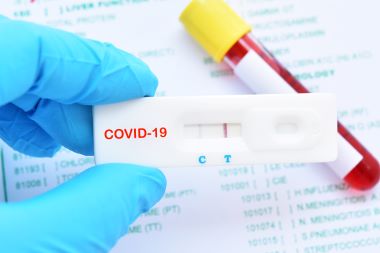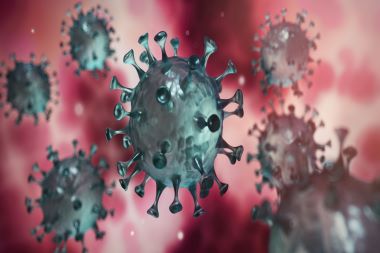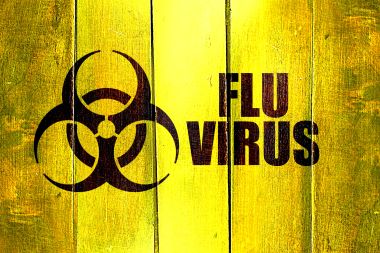Recognizing which patients with COVID-19 will require hospitalization has been something of a crapshoot unless one presents in obvious distress. That may be changing, however, thanks to a new tool that is purported to aid in predicting who is likely to end up in the hospital. As detailed in a new article published in The Journal of Infectious Diseases, the COVID-19 acuity score (CoVA) draws on demographic, clinical, radiographic, and medical history variables that assess …
Read More









